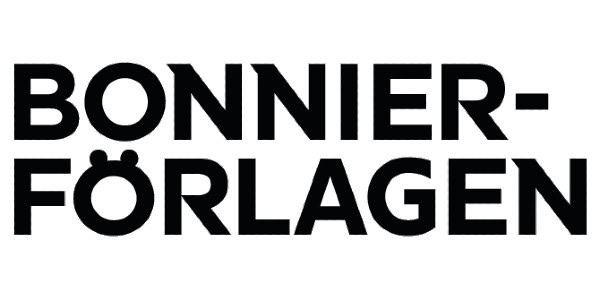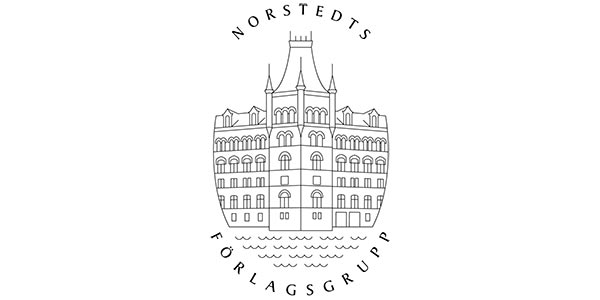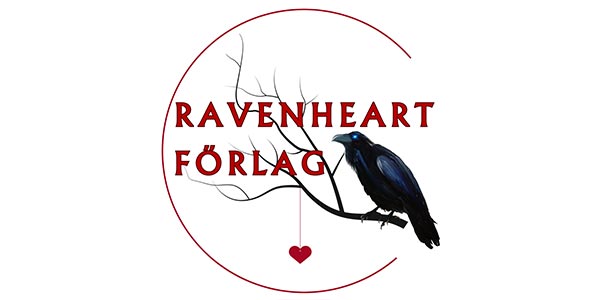

| Serie | Theatron |
|---|---|
| Författare | |
| Förlag | Stiftelsen för utgivning av teatervetenskapliga studier |
| Genre | Teater |
| Format | Kartonnage |
| Språk | Svenska |
| Antal sidor | 198 |
| Vikt | 0 |
| Utgiven | 2000-01-01 |
| ISBN | 9789186434229 |
The point of departure is the opera singer's: confronted with the text, comprising libretto and music, how can this be used to achieve a dramatic effect? Stanislavsky's theory of acting is often applied in practice, but whatever its merits for the stage, it has shortcomings for opera. More promising, it is argued, is a form of hermeneutic approach that Ricoeur calls "backward relatedness": the composer's score is relied on to contain all essential information, but further understanding may be gained by studying any human science that gives insight into how the poet expresses his life experience.
In this spirit, the first part of the thesis surveys the history of opera from Monteverdi to Verdi with a focus on how composers have handled the relation between words and music to give expression to human conflicts that are the stuff of myth. The second part comprises two chapters in which arias from each of the main periods studied are analysed with attention paid both to the libretto and the music and how these combine in vocal action that communicates myth. It is here that the fruitfulness of Ricoeur's insights are demonstrated. In a final part, the conditions for the present-day opera singers are discussed.
Key words: myth, tension between words and music, hermeneutics, vocal action.
In this spirit, the first part of the thesis surveys the history of opera from Monteverdi to Verdi with a focus on how composers have handled the relation between words and music to give expression to human conflicts that are the stuff of myth. The second part comprises two chapters in which arias from each of the main periods studied are analysed with attention paid both to the libretto and the music and how these combine in vocal action that communicates myth. It is here that the fruitfulness of Ricoeur's insights are demonstrated. In a final part, the conditions for the present-day opera singers are discussed.
Key words: myth, tension between words and music, hermeneutics, vocal action.
























